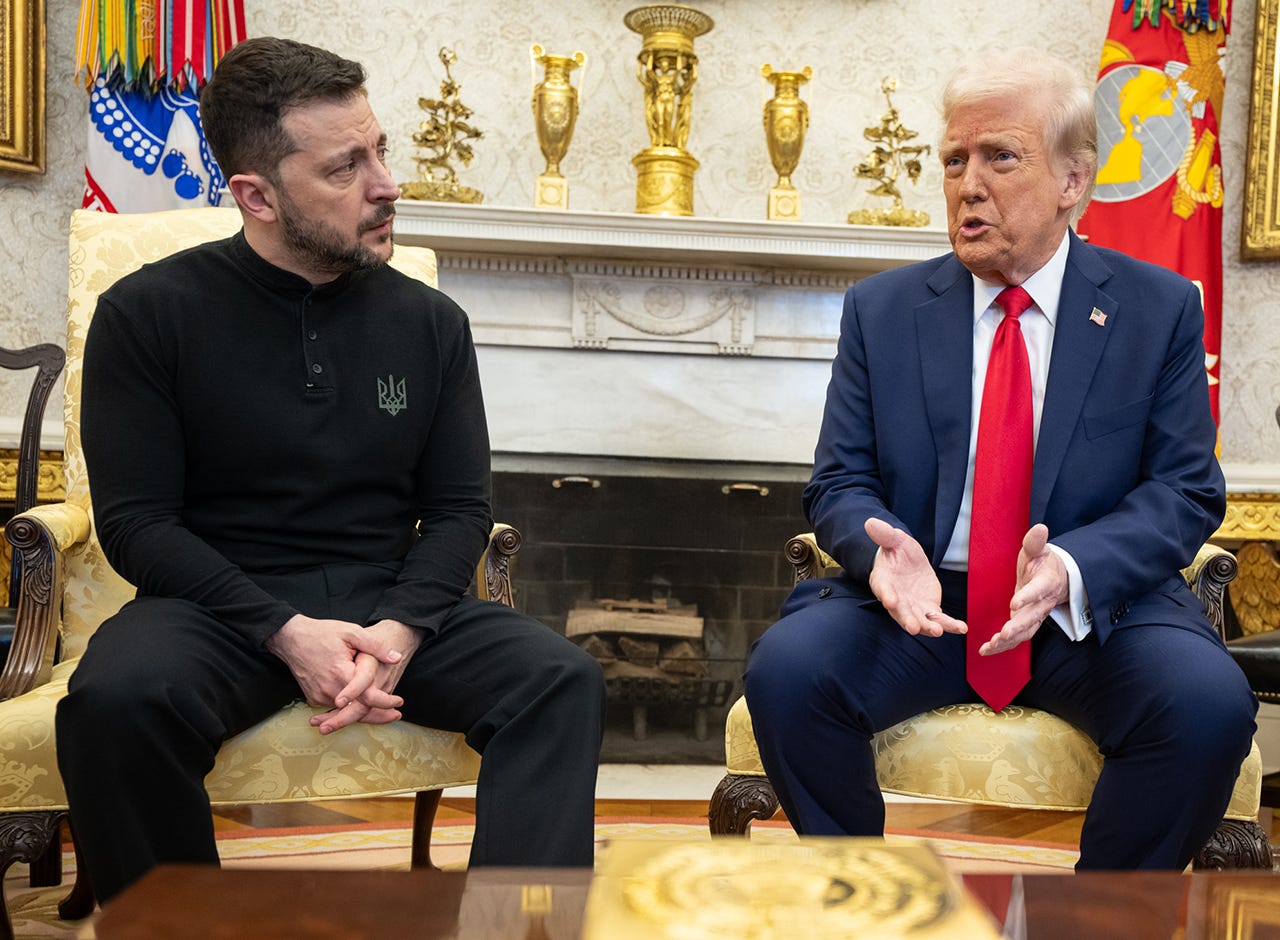What Will Happen if America Stops Supporting Ukraine?
by Russell A. Berman

In a new article at 19FortyFive.com, TPPI President Russell A. Berman examines the prospects for ending the war in Ukraine, the future of trans-Atlantic relations, and the different paths forward following the Oval Office confrontation between Presidents Trump and Zelensky. An excerpt appears here, but be sure to read the full article at 19FortyFive.com.
The altercation that took place during President Zelensky’s Washington visit left the future of American-Ukraine relations in question. It has also shaken long-standing trans-Atlantic ties. European leaders have explicitly questioned the credibility of America’s commitment to their security. The argument in the White House has put that historic arrangement in doubt.
Hesitation and Escalation: How the Present Ukraine Situation Unfolded
The case for a restoration of Ukraine’s territorial integrity is principled and strong. However, the criticisms that a Trump-brokered peace deal might achieve less than total victory are dishonest. Since the 2022 Russian invasion, both Washington during the Biden administration and the European allies have only given Kyiv just enough to keep fighting.
They never offered enough to win. If more robust support had been made available from the start, the war might have already been won. The real culprit, in addition to Vladimir Putin, has been hesitation and “escalation management.”
The longer a war drags on, the greater the casualties and the costs. Trump has been clear on his aspiration to end the war and bring peace, unlike his predecessor who made no such effort. Suddenly, however, in the wake of the Oval Office argument and in conjunction with Vice President Vance’s Munich address, bigger issues are at stake: not just Ukraine but the future of trans-Atlantic security arrangements.
To get beyond the current crisis, there are several possible paths with varying implications for US national interest.
Continue reading at 19FortyFive.com.
Russell A. Berman is a Senior Fellow at the Hoover Institution and Professor of German Studies at Stanford University. He served as Senior Advisor on the Policy Planning Staff of the State Dept in the first Trump administration. He is the President of the Telos-Paul Piccone Institute.


